Is the Food that we cut up at Home Not
Processed?
murat ulker
When I see some news, I see how the food industry, the press, and even science are being swung around like a donkey’s tail, which saddens me. I recently read some news that “salted caramel, orange and cocoa bean chocolates made from oat milk had been launched” (1). I was once again saddened. I think this drift plays into the hands of those who knowingly or unknowingly demonizes the “processed food industry” for ideological purposes. Because to call the liquid obtained by processing oats or almonds with water as milk is to deceive people. And what kind of a measure is 35% less sugar than common chocolate!?” At the time I saw this news, I was already reading the famous Georgia University’s Food Science & Technology Professor Robert L. Shewfelt’s newly translated ‘In Defense of Processed Foods – It’s Not Nearly as Bad as you Think (2). Honestly, it came just at the right time. Why had this Emeritus Professor waited until he had retired to write this book, (an emeritus is a newly retired teacher who is still on the staff due to his knowledge and experience) and I understood, because he had courageously made everything clear.
We know that food is the main subject of accusations and praises that hang in the air, as everyone thinks they have the right to talk about it, but as in every field, realistic interpretations on this subject require expertise. On the one hand, there are fear-inducing conspiracy theories, and on the other hand, the miraculous lists playing into the hands of the merchants of hope, and people just wondering what to do. This whole debate’s main ground is actually “packaged” or “processed” foods, which are not very well defined. Some have been conditioned to see it as a ‘hazard’ when “processed food” is mentioned. But what if it’s not what you think? Here, Professor Shewfelt, in his book, sheds light on all the accusations when it comes to processed food that can come to mind, marketing strategies in the food industry, and other question marks in my mind and the minds of consumers from a scientific point of view.
Robert L. Shewfelt says that so-called food scholars, which he calls “pundits” (wise person), have created a Food Fantasyland that is not suitable for today’s lifestyle. The fantasies of this imaginary Food Fantasyland that are shown as real are as follows:
• Food consumption opportunities of our great-grandmothers were better than ours.
• The effects of the industrialization of agriculture on society are completely negative.
• We can live modern lives without machines in our kitchens.
• We can do farming without using chemicals.
• We can eat foods without chemical components.
• We are not dependent on chemicals such as oxygen, water, protein, vitamins, and minerals.
• The number of ingredients in a food is more important than its qualities and functions.
• Long and difficult to pronounce phrases represent bad things.
The Professor states: “I am concerned that something as serious in our lives as food is becoming reduced to a set of arbitrary rules or mindless consumption of unhealthy junk foods.’ He is correct, in fact, the most confusing thing about food and nutrition is the changing scientific opinions. People expect precise and understandable answers from science. However, science itself does not equal truth; science means getting one step closer to reality every day. Proving that something that was considered true in the past is wrong today does not mean that someone is deceiving us. On the contrary, it means that we are going one step further with advancements in science. However, looking at the food business from this perspective is not what gains favor for the so-called food scientists and the media. Experiments that show precision in areas such as physics and chemistry can be designed. But it’s not that easy in nutrition and food science. Food reviews are much more complex than the world of yes/no, good/bad, healthy/unhealthy that we want to be presented with. Complexity is a confusing phenomenon, so most of what we hear in the media in the name of science is an oversimplified, exaggerated, and contradictory version of a statement that is tweezed through the results of an individual study. This causes us to be confused and to spoil us with our food and what we eat.
Who does not want to eat healthy in every aspect; yet it must be admitted that this is not always possible in today’s pace of life. We cannot find the time to prepare the foods we want in the pace of modern daily life, and at the same time, we do not have the opportunity to separate the information that will enable us to understand what healthy food is from all that polluted information pile. Even if we are not interested, we are constantly bombarded with messages about good and bad foods. In the words of Professor Shewfelt: “It is difficult to judge which recommendations come from careful study and which are based on oversimplifications, erroneous suppositions, gut feelings, and hidden personal or commercial agendas.
In fact, most of the foods that are declared miraculous are not as beneficial as they claim, and most products that are rejected as unhealthy are not harmful as stated. Although the “processed food” opponents categorically mean all processed foods, in fact almost all of the food we bring into our home is processed; we usually process the unprocessed ones in the kitchen. For example, there is no one among us who does not drink bottled water; but this product is both processed and packaged.
In the book, Professor Shewfelt refutes the following three claims that we constantly confront in today’s world with scientific evidence:
1. Whole foods are always better than processed foods.
2. Natural is good, artificial is bad.
3. Science and technology should not interfere with our food supply.
Professor Shewfelt refutes individual charges against processed food in a very entertaining and enlightening way. One of the most striking of these is that processed food is shown as the cause of obesity, which has become a chronic problem. There’s usually fast food and junk food at the tip of the barrel in this proclamation. But is it just these products or their excessive consumption? Or are the claims that the calories we get from various drinks do not make us feel satiated? Energy balance is always mentioned when it comes to weight. What would you say about the inadequacy of our effort to spend those calories while feeling guilty about the energies we take in? How many of us think we are constantly getting enough physical activity?

In fact, although the progress of science has not yet clearly revealed the underlying problems of obesity, it has shown us that it is much more complex than just an energy balance formula. Genetics are also involved. In addition to the possibility that overweight parents may have overweight children, there is also growing evidence that the mother’s diet during pregnancy can cause the child to become obese throughout her life. In the book, it is stated that if we want to win the obesity war, we should look beyond simple solutions and turn to deeper solutions.
The author also explores why processed foods have such a bad reputation. In summary of his words, ‘While we encounter a lot of rhetoric that defame processed foods, there are actually very few sources that describe processed foods. There is also the concept of formulated foods. Simple processing steps such as heating, freezing, drying, fermenting, or concentrating are all examples of food processing. On the other hand, formulated products can be defined as bringing together the ingredients that make up the whole food when combined. But aren’t these things we’ve done in our homes for a long time? “
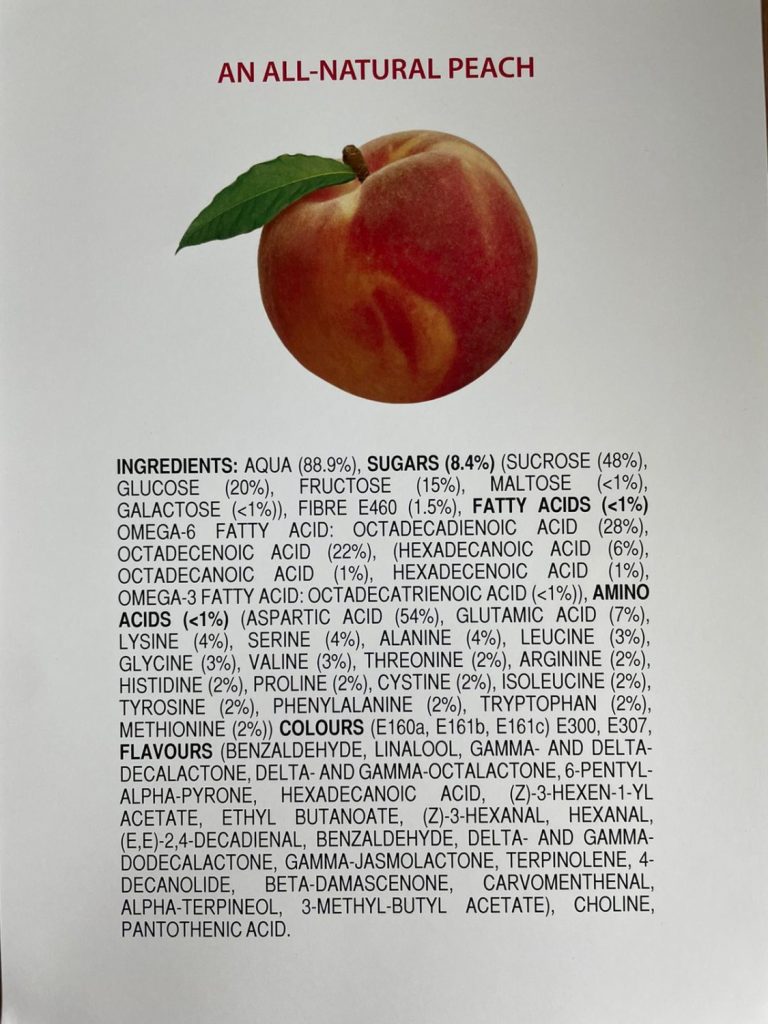
Professor Shewfelt gives the example of what most of us regard as a fresh product rather than a processed food, a packet of mini carrots and explains: “In fact, these mini carrots are small pieces cut from the primary processing large carrots before they are shipped to markets across the country. The steps a mini carrot takes from the field to the market; harvesting, plucking the leaves while in the field, transporting them to the processing plant, washing them to remove the soil, disinfecting with chlorine, and cooling them in ice water. After sorting by thickness, the carrots are cut into 4 cm pieces, roughly peeled, polished, weighed, packaged, and put in the refrigerator. Although these are also processed packaged products produced by large companies that we suspect will take care of our health and well-being, it does not create fear for us anyway. ”
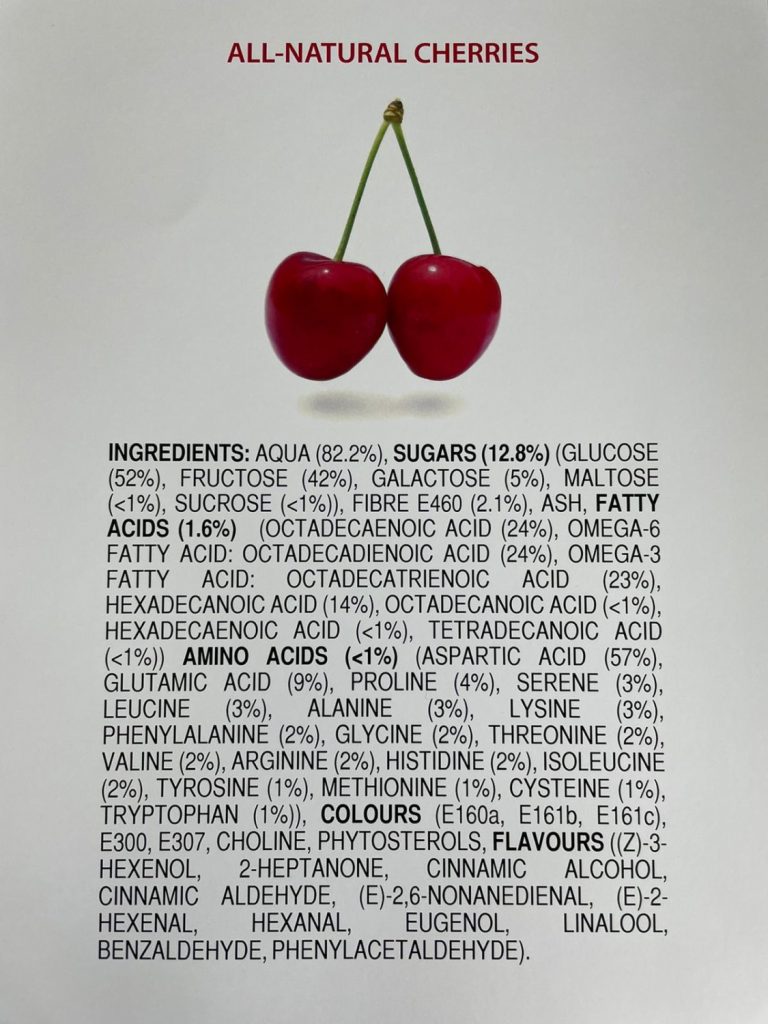
The book also deals with the question of “are foods addictive”. The “happiness point” that Doctor Howard Moskowitz first defined when he was producing tomato sauces for pasta laid the groundwork for these criticisms. Critics of big producers use the “happiness point” concept, which is defined as the ratio of ingredients such as salt, sugar, and oil to optimize taste; as proof that the industry is making consumers dependent on their goods. It is a fact that serious investments are made in much research to gain the appreciation of the consumers. Food scientists have developed tools to test consumers’ tastes; the most common example of this is “taste panels”. So what’s wrong with people being happy with food and drink? We trust people to choose the people who will rule them in political elections, but we don’t trust people to eat in correct proportions while consuming food that will make them happy? In the media, producers will put elements that will make their audience happy, architects will add the details people want to the houses, vehicles will be in the comfort people want, so every product will be designed to make people happy, but when it comes to food, salt, sugar, fat cannot be adjusted to their taste! Why is that? Because people love to eat and want to eat all the time. People have passed this level of consciousness for a long time, we cannot treat our customers who receive products and services by paying their money. The only thing we can teach them is that they should eat in proportion, a balanced diet. I suggest that those who want to be informed about this issue should check the relevant publications of the Sabri Ulker Food Research Institute. (https://sabriulkerfoundation.org/tr/TamZamaninda) https://www.yemektedenge.org/)
Another misconception addressed in the book is that processed foods are full of additives and other chemicals. This is another generic charge. The term food additive can be briefly defined as “various substances added to foods to prevent spoilage, improve appearance, improve taste or consistency, or increase nutritional value”. Lists of direct additives should be included on food labels. On the other hand, it is a mistake not to have a statement about what is in unpackaged foods sold in the open, as this does not mean that there is no additive in them. What escapes attention is that all foods in nature, whether processed or not, are made up of chemicals. (The photos I have given in this article will help you to understand the subject better (3).
For example, the chemical we know best is H2O, or water. Another is salt, sodium chloride, salt on the underside, but there are those who worry when they call it a chemical and describe it as “sodium chloride”. Ascorbic acid is vitamin C, and alpha-tocopherol is the vitamin E we know. Professor Shewfelt also warns us against the new “clean label” trend. Because fear is created in humans against warnings that are perceived as “chemical”. Some manufacturers include ingredients in forms that appear less risky to make their labels look clean. For example, instead of MSG (monosodium glutamate), they write soy sauce, which performs the same function. Soy sauce basically has the same chemical structure and gives an umami flavor. Professor Shewfelt also warns that the “clean label” tactic can be misleadingly used by businesses that do not have good intentions.
So what should we say about the claim that processed foods are not real, natural or healthy? Raw eggs, fish, meats, fruits, and vegetables can be given as examples of real and natural foods. Is it questionable up to what stage they are considered natural? Isn’t it anymore real if the egg is cracked, the apple has been washed, the carrot has been sliced, and the tomato dried? If foods are boiled, fried, grilled, chilled, roasted, are they still natural? So, have you ever thought why would it badly affect the food condition if it be fermented, canned, dried, smoked, pasteurized, homogenized, or frozen? Does food being processed by a large company or a small family business rather than home preparation make them less natural? Professor Robert L. Shewfelt questions all this and ends with the question; “Let’s say we found a way to distinguish” natural foods “from processed foods, does that mean those foods are healthier?”
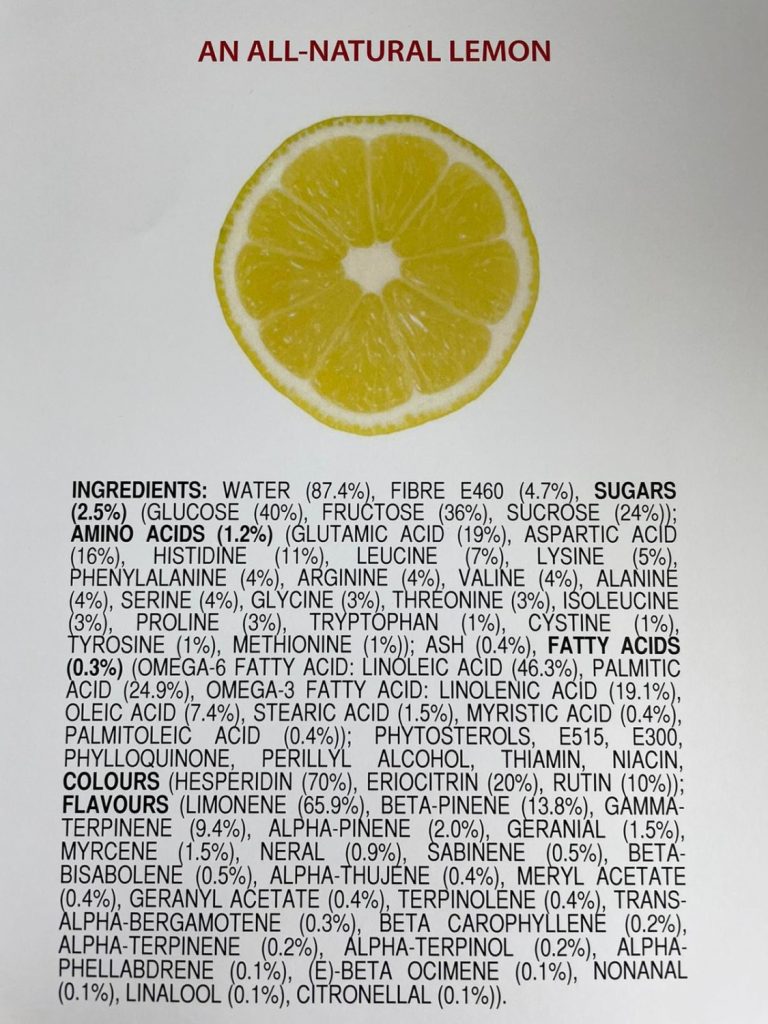
Another criticism of food processing is that it causes losses in the nutritional value of food. Nutrient loss indeed occurs in processed foods, but why do we ignore nutrient losses in unprocessed “natural foods”? Moreover, in most cases, nutrient loss occurs much faster and more in unprocessed foods. For example, spinach can be found fresh and packaged, or in processed, frozen or even canned form. Spinach is collected in the field, cooled with water, and transported to the packaging facility for fresh distribution and to the factory if it is to be processed. The fresh spinach you buy from the market or grocery store has a journey of about 7 days until it reaches you and it loses its nutritional value. Those to be frozen are washed, classified, possibly minced, heated to neutralize enzymes, and frozen with high technology in such a way as to prevent loss of nutritional value in at most 8 hours after harvest. Frozen spinach in your freezer usually has higher nutritional value than the one you buy from the market and bring home, so it is more fresh and natural.
The most important point neglected by the opposition to processed food is that each choice of food we choose to consume or avoid will cause another change. So if we don’t eat one, we will consume another food. Each choice has its advantages and disadvantages. “We must have reliable information to make the right choices. Neither the marketing exaggeration nor the ideological appeals and instinctual feelings of so-called experts should drive us“ says Professor Robert L. Shewfelt.
I talked about the accusations that you are used to hearing so far, and now let me give examples of the new generation accusations that the author sheds light on. The most original of these is the “real natural foods were the foods our great grandmothers ate” approach. An educated and modern segment who defends this believes that their menus should be designed this way in order to eat healthy. Interestingly, this segment does not miss avocado, quinoa, chia seeds in their kitchens, which even their mothers do not know as food, let alone their great grandmother!
The statement that “real foods are not produced in factories, they are grown in the field” is also a mistake. Indeed, the size of ovens and mixing equipment in large food production facilities is are much larger than in households, but the principles of application are almost the same as those at home. On top of that, the process steps in factories are generally done in much more sensitive and hygienic conditions than those in homes. It is not only the size of equipment in the food industry that is advantageous over our kitchens; also the technology used is more advanced. If it is the technological advances that scares you unfairly, you should know that many of them are also used in restaurants where you eat without hesitation.
One of the most serious and surprising accusations is that every year millions of people become ill and some even die from food poisoning. However, the solution here is the correct practices of the food industry. The most important mission of food science is to ensure food safety. The vast majority of food poisoning is caused by unprocessed and open-served food. It is necessary to add to this the restaurants, sales points, manufacturers that do not provide hygienic conditions or adequately control them and the food safety violations that we do at home.
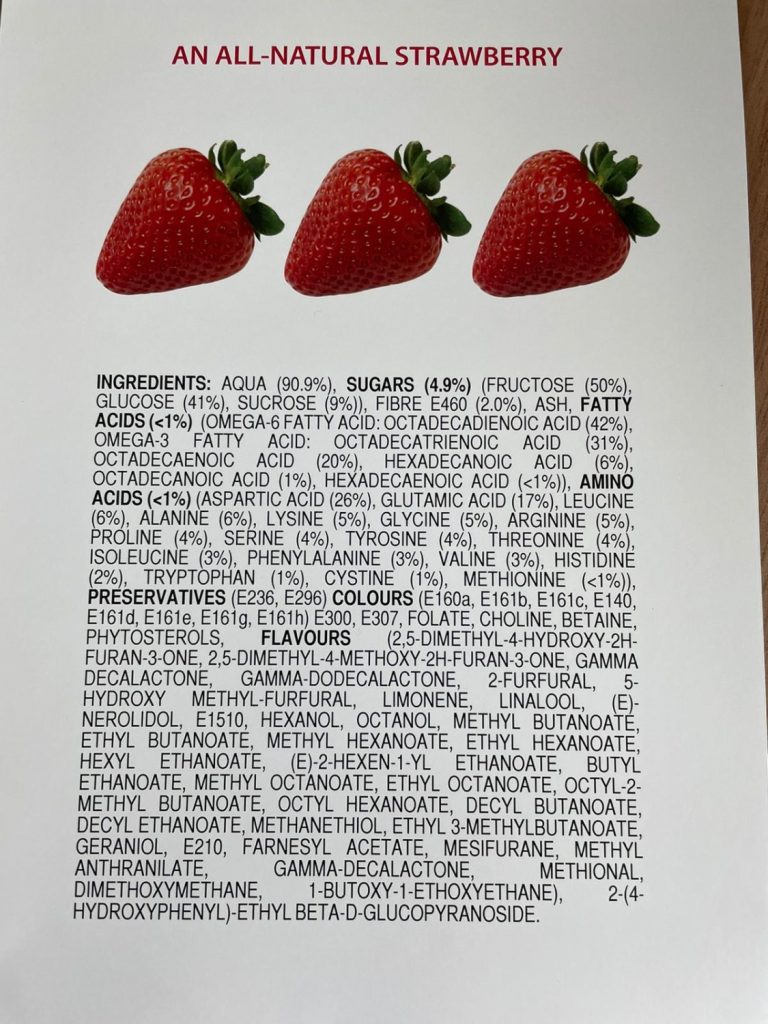
The author has a phrase that we need to ponder more on: “Responsible Nutrition”. He describes it as “Responsible nutrition; It requires taking into account the sustainability, safety, health, toxicity, quantity and freshness of the food we choose to consume.” It would be best to consider these as much as possible in our food choices. After all, unfortunately, “sustainable options”, one of the most fashionable and cool concepts of today, may not be the safest, healthiest, least toxic, and freshest alternative. Of course, it would not be very realistic to claim that we can choose by comparing all these each time. However, increasing our awareness of all these will push us to make more rational decisions.
Professor Shewfelt describes the aims of the food industry as follows:
(1) Extend ‘shelf life’.
(2) Increase the variety of safe, healthy, and affordable food in nutrition.
(3) Ensure the supply and continuity of essential nutrients.
(4) The profitability of the business.
Companies that create these goals in a way to meet the needs for responsible production and consumption will always be one step ahead.
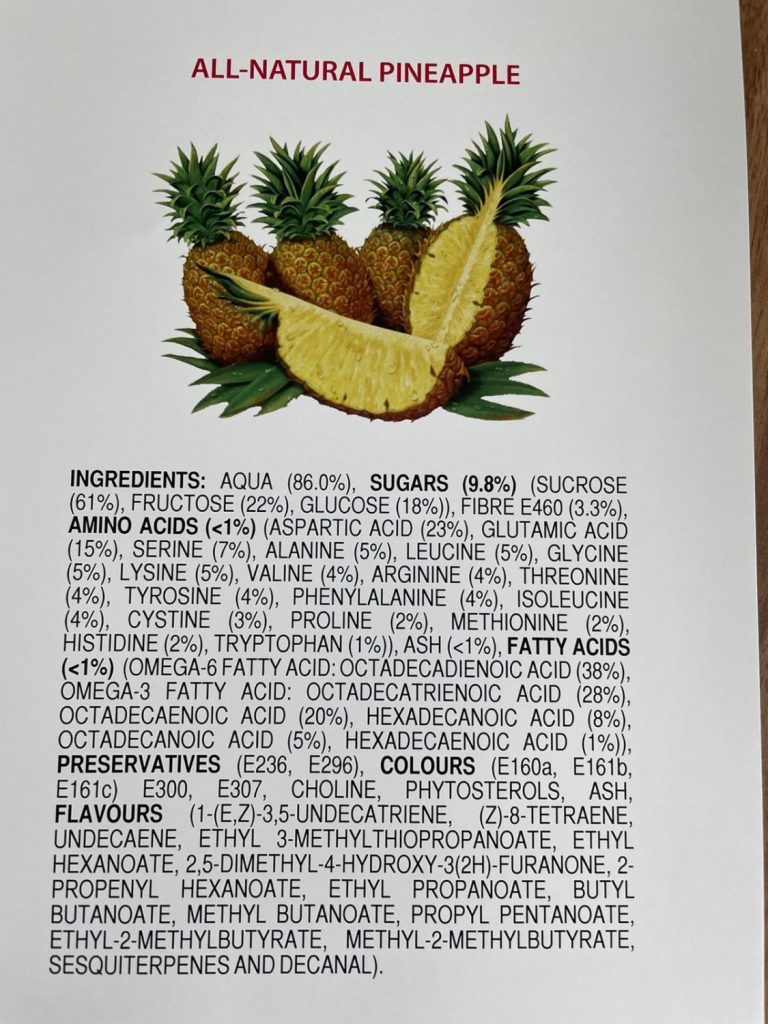
When we look at it from different perspectives, we realize that every food has advantages and disadvantages. The decision we make according to the balance between them is at our own risk. Author Professor Shewfelt describes it: “Processed food is neither the cause nor the solution to health problems. While these are the most appropriate foods at sometimes, these same foods can turn into a threat at other times. It is time to use our minds to develop diets that support healthy living by combining the generosity of nature with the benefits of technology. “
As in most of our decisions, on the basis of our decisions about food lies the factors such as our ideology, emotions, traditions, environment, upbringing, communication, accessibility rather than rational approaches blended with science. Emotions lead us to classify foods as good or bad (healthy or unhealthy) when there are no sharp lines in science. However, such a distinction will inevitably bring about an unhealthy life due to unbalanced nutrition and stress rather than a healthier life. While our lives are in a whirl, it is difficult to think about and research; Most of us find it easier to listen to someone, go after shortcuts, banned lists, and miracles. However, in food and nutrition subjects it is not possible for someone to tell us what and what not to eat at the point where science has come up to until now. Moreover, there is no one-size-fits-all solution to this issue. Therefore, our decisions about food selection and diet that are best for ourselves, are not the news on the media, personal anecdotes, and fad diets, but should be as scientific as possible. Endocrinologists and dieticians will help us in this regard in the most appropriate way for us.
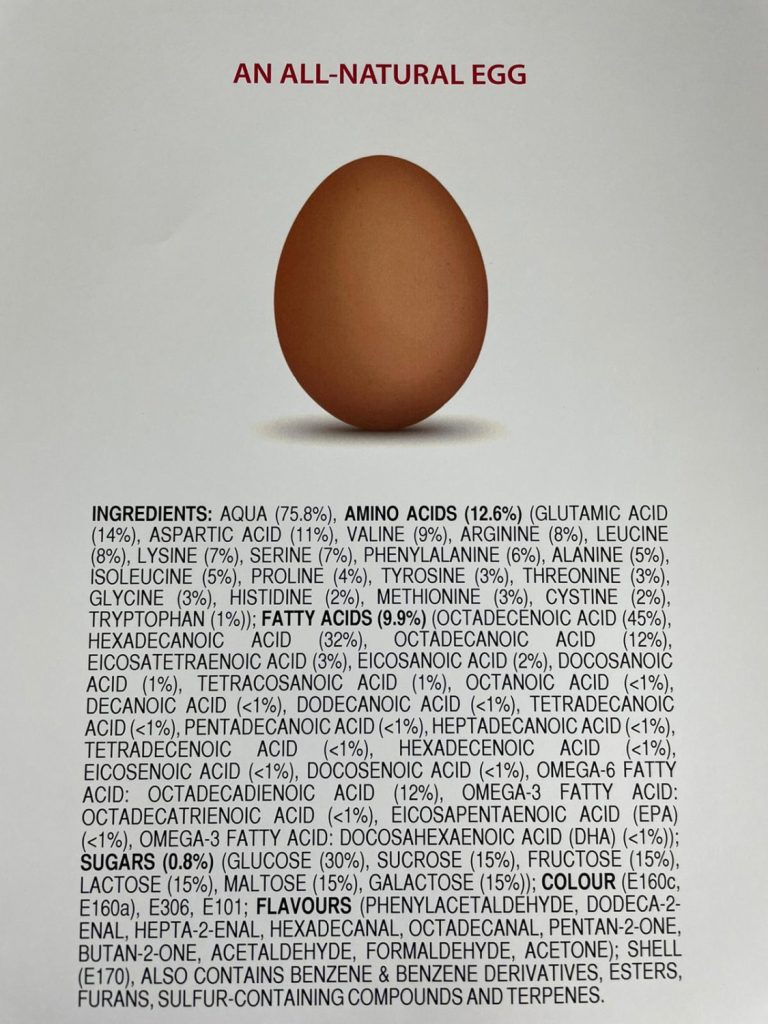
Too many repetitions in the book can be criticized, and Professor Robert L. Shewfelt criticizes the legitimate marketing and advertising efforts of large food companies, but when food scholars criticized as “pundits” (so-called wise) make a statement, the media loves to report them and there is no regulation on this issue. However, every step of the businesses that process our food is under the control of the regulations, and their violations are punished immediately. Therefore, the conscience of society needs to act on this issue. Nobody’s statements under the guise of a scientist, other than one who is an expert in his/her subject should be respected. Studies that do not have any scientific value and that are not detailed should not be published. Media organizations should determine and publish their scientific criteria on these issues and establish a scientific advisory board to review their actions. Otherwise, this will not only increase the stress level in the quality of life of our people as a damage, but we will also hinder the development of our food production and processing industry which is a competitive advantage in Turkey
Note: This article, which is open source, can be cited by mentioning the author. Does not require copyright.
(1) https://ukfoodanddrink.co.uk/startup-happi-launches-oat-milk-chocolate-range/
(2) Shewfelt, L. Robert, In Defence of Processed Food, Copernicus, 2017.


Comments are closed.